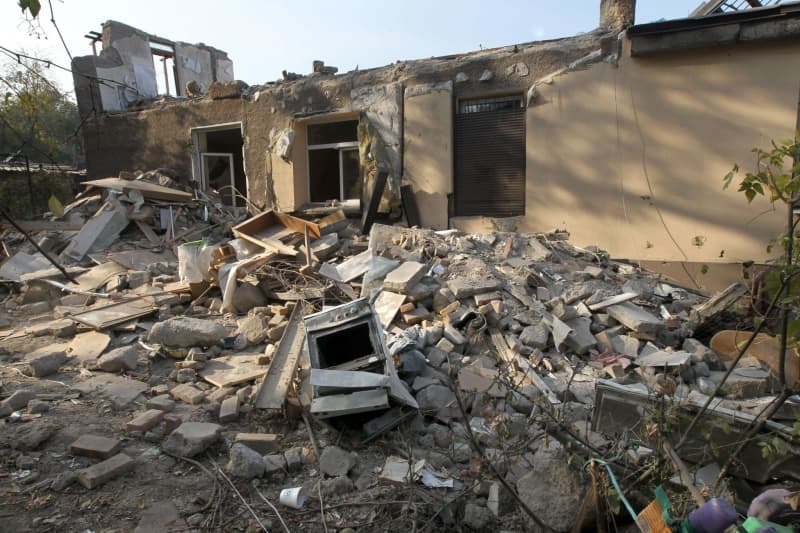On Sunday, Ukraine firmly rejected assertions from the Russian Foreign Ministry concerning their reluctance to engage in a proposed prisoner exchange. Dmytro Lubinez, Ukraine’s human rights commissioner, asserted via Telegram that Ukraine is prepared to execute such an exchange at any time, emphasizing their commitment to the Geneva Conventions and international humanitarian law. He pointed out that it is typically the Russian Federation that delays these processes, suggesting that they use these delays as a means to manipulate public sentiment in Ukraine. This statement comes in direct response to claims made by Russian officials regarding the number of Ukrainian prisoners of war involved in the negotiations.
The previous day, Maria Zakharova, the spokesperson for Russia’s Foreign Ministry, held a press conference announcing that Russia had offered 935 Ukrainian prisoners for exchange. However, she criticized the Ukrainian government by stating that they only expressed interest in reclaiming 279 of those prisoners, whom she characterized largely as ultranationalist fighters. Zakharova alleged that the remaining 650 prisoners were deemed “unworthy” by Kyiv. This rhetoric marks another instance of escalating tensions between the two nations, where both sides have seen the prisoner exchange process as a potential avenue for negotiation amid ongoing conflict.
In her comments, Zakharova accused Ukraine’s Foreign Minister Andriy Sybiha of engaging in “political tourism,” implying that he was using the humanitarian issue of prisoners as a means to garner international support against Russia. This accusation suggests that Russia perceives Ukraine’s diplomatic efforts as a manipulation of humanitarian concerns for political gain. The backdrop of these exchanges highlights the larger context of the drawn-out conflict, where any form of communication between Moscow and Kyiv remains rare and fraught with tension, except for the negotiations regarding prisoners of war.
The matter of prisoners of war holds significant emotional weight for many families affected by the war, as thousands continue to await the return of their loved ones. Both nations have previously conducted several exchanges involving thousands of prisoners, indicating an ongoing need for some form of dialogue despite the hostilities. However, the exact number of prisoners currently held by each side remains ambiguous, which complicates the potential for future exchanges. The uncertainty surrounding this issue reflects the broader chaos and emotional turmoil that the war has wrought on countless lives on both sides.
Despite the hostile rhetoric exchanged between the two countries, it is evident that the prisoner exchange remains one of the few avenues left for communication between Russia and Ukraine during this protracted conflict. As both sides navigate the complexities of war, the potential for exchange symbolizes a glimmer of hope amidst suffering—a means for families to reunite, albeit through a contentious and complicated process. The ongoing dedication to these exchanges demonstrates a vestige of humanity even in the face of widespread conflict and division.
As Ukrainian cities remember and pay tribute to those lost in attacks, including a recent missile strike in the Novokodatskyi district on October 25, the pain of loss and the struggle for recovery linger on. The human cost of war is palpable as communities seek solace in recognizing victims while advocating for their loved ones still imprisoned. This backdrop of sorrow and resilience further underscores the importance of humanitarian laws and the urgent need for both nations to find common ground in their desperate pursuit of peace and justice, particularly regarding the issue of prisoners of war amidst the ongoing strife.

